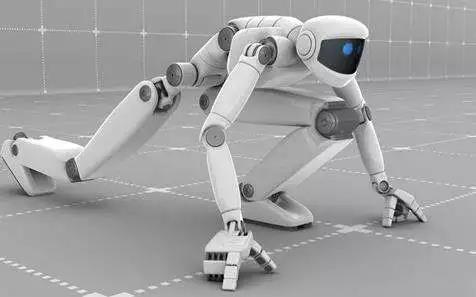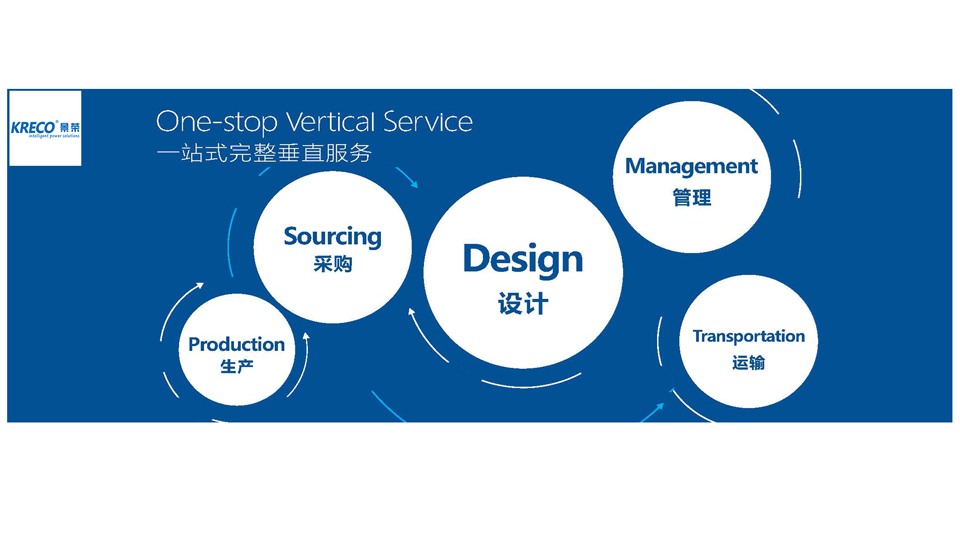It is recognized that it is a strategic opportunity for domestic robots to overtake in bends by making good use of big data, sensors and artificial intelligence to give robots a "new ecology" of enabling and speeding up the intelligent layout of robotics industry.
The market is the biggest in the world, and there are still many short boards.
"Because of China's industrialization and automation needs, China is the fastest growing robot market in the world." Wang Tianmiao, a professor at the Robotics Research Institute of Beihang University, said that in the past 10 years, the global average growth rate of robots was about 12%, while the average growth rate of our country was 25%, which remained the first in the world for eight consecutive years.
With the increase of labor cost, the renovation of intelligent chemical plants and the rising demand for high-end consumption, the demand for robots in China will maintain a high growth. Song Xiaogang said that in 2016, China's robot market will reach 5 billion US dollars, 7 billion US dollars in 2017 and 8.7 billion US dollars in 2018. In recent years, the growth has accelerated significantly, and the total market has accounted for one third of the world's total.
Strong demand growth has led to industrial layout. At present, the scale of China's robot related market has reached 120 billion yuan. Among them, there are 200 core parts enterprises of robots, 500 automation production lines and system integration enterprises of robots, and more than 1000 enterprises related to robots. Although the scale is large and the categories are complete, the industrial layout of "top-heavy" also reflects the embarrassment of domestic robots: if the core component is the "brain" of robots, assembly and production is the "body" of robots, we mostly focus on assembly and generation processing, and are at the middle and low end of the industrial chain. In the field of traditional robots, there are still many gaps between domestic robots and foreign robots due to the lack of core technology in key parts such as precision reducers and control systems.
But in the field of cooperative robots, especially service robots, which are closely related to intellectualization, some domestic robots have entered the world, such as unmanned aerial vehicles, sweeping robots, handling robots, electric balancing vehicles, science and education robots, etc., while in the field of unmanned, medical and agricultural robots, China has taken the lead. Mass production has become a new army of the world's machine family. Experts believe that in the field of traditional industrial robots, we need to make great efforts to catch up with and surpass, while cooperative robots have only started in recent years, and are basically at the same level at home and abroad, which is our strategic opportunity.
"New ecology" is strong and powerful.
In 2018, a sleeping robot named "All Sleeping" became a hit in Beijing. Through the design of "Sound Brain Wave + Artificial Intelligence", it can play "Lullaby" before going to bed, interact with brain fluctuation, make people calm and relaxed, and self-help release brain waves of the same frequency to help people enter deep sleep. In the field of intelligent education, Amy Robot began to export to Japan, Germany and Britain. In the field of medical treatment, Amy Robot has been applied to 20 hospitals in China.
Using artificial intelligence, big data and Internet of Things to provide robots with rich and colorful scenario application "ecology" is the main reason why Zhongde, Amy and other domestic robots are producing and going to the world. Experts believe that China is the largest application market for robots, with a large number of netizens. Cooperative and service robots adapt to the demand of young people for novelty and difference, and the demand of middle and high-end consumers for quality services. Therefore, they provide enough application environment to detect and improve product performance, and then transform market advantages into technology. Advantages and industrial advantages.
"Internet of things, artificial intelligence for robot empowerment, for domestic robots after the first arrival is of great significance." Experts believe that, just as smartphones subvert traditional mobile phones and network payment surpass credit card transactions, cooperative robots and service robots in China are locking in huge consumer demand, changing the "scene" and "play method" for industrial robots, and striving to achieve overtaking in bends. Wang Tianmiao believes that in 2020-2030, with the breakthroughs in 5G, Internet of Things, voice, face, emotion recognition, automatic language processing and other core technologies, the "ecological environment" of intelligent robots will be better, and domestic robots can not miss this opportunity.
More market atmosphere, avoid being flashy.
Artificial intelligence, big data and Internet of things have created a new ecosystem and new platform for the development of domestic robots. But Jia Xiangsheng, the founder of Zhongde Intelligence, who designed China's first healthy sleep robot, reminds us that the antenna of intelligent robot can reach the "cloud end", and that the development of intelligent robot still needs to be "down to earth": more design of "grounding gas" service robots, less production of "Yangchun Snow" and flashy products. He believes that the success of sleep robots is because they are close to the market and need to dig deep. 38% of the middle-aged and elderly people in China suffer from insomnia of different degrees. Do you think the market for sleep robots is not big?
Following this "concept", the various service robots exhibited at the summit are closely related to user needs and market needs: photographic robots, educational robots, inspection robots, welcoming robots, nursing robots... At the entrance of the shopping mall, the robot shopper replaced the female shopkeeper to guide customers and purchase. In the sewer pipeline, the robot with a camera shuttles and crawls, and the internal blockage is clear at a glance. The head of the Qilin high tech Zone Management Committee said that the market prospect of the service robot is considerable. As an AI Industrial Park focusing on the development of robots in Nanjing, Qilin High-tech Zone has attracted more than 50 service robots enterprises.

As the new generation of robots are widely used, the scene is open, and the use of large data and network clouds is more, the security, infringement and ethical issues involved have also become the focus of discussion among the experts. For example, when a driverless car hits a pedestrian, is the responsible party manufacturer or user? Service robots use big data and "know" themselves better than people. How can users protect their privacy from abuse by manufacturers?
"If artificial intelligence, Internet of Things and big data are the hardware elements of the new ecology of robots, legal, moral and ethical issues are the legal guarantee of the new ecology, which needs to be cared for and regulated." Zhang Xiaorong, a senior expert of Tencent Research Institute, introduced that the China Service Robot Association has set up a special ethics committee to conduct a prospective study on the legal and ethical issues involved in the development of robots and provide decision-making reference for relevant departments.
QING
2018-10-31
Disclaimer: This article comes from individual, KRECO has the right of final inte


















.jpg)
